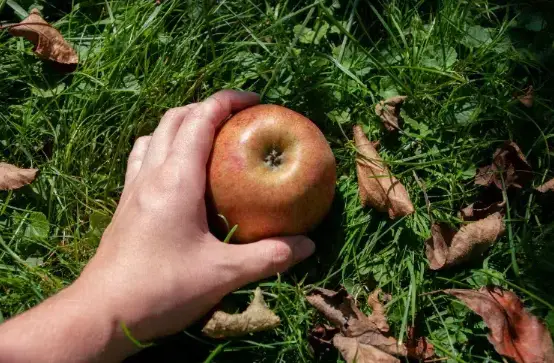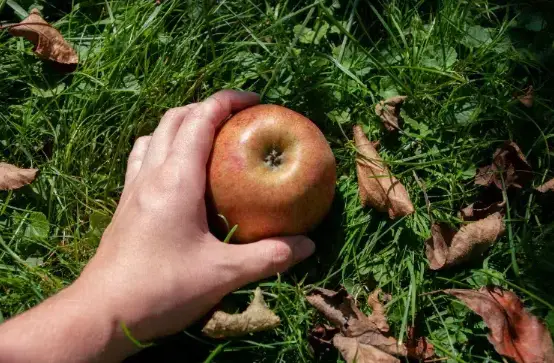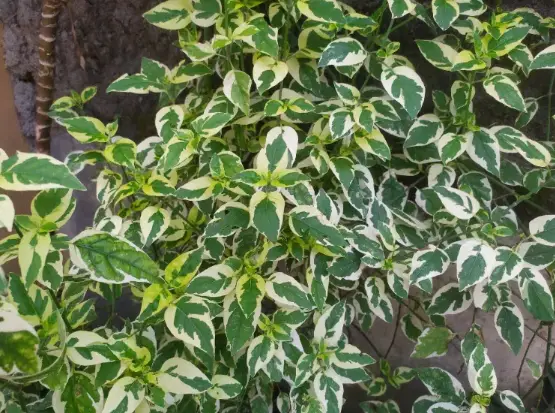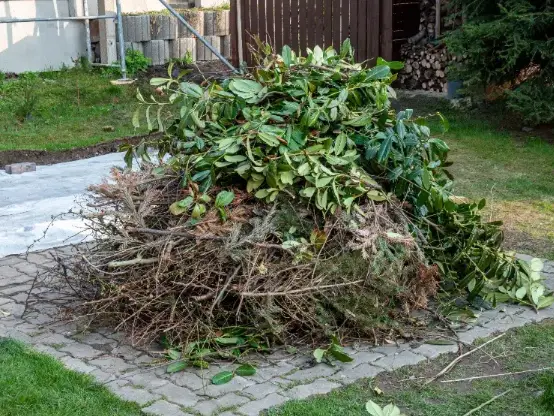We’ve all been there—picking up a piece of fruit that has fallen on the ground and debating whether or not to eat it. While it’s tempting, it’s important to understand the risks involved. In this article, we’ll explore when it’s safe to eat fallen fruit, when to discard it, and how to clean your produce properly to minimize any health risks.

Is It Dangerous for My Health?
The short answer is: it depends. The risks of eating fruit that has fallen on the ground depend on several factors, including the cleanliness of the environment and the type of fruit.
- Dry foods, such as biscuits, present a lower risk of contamination compared to moist foods like fruits and vegetables. Moist foods are more likely to absorb bacteria and germs from the ground.
- If the ground is clean, the food is dry, and it’s picked up quickly, the risks are low.
- However, if the fruit falls in a dirtier area (like outside in the garden), the likelihood of contamination increases. People with weaker immune systems, such as young children, the elderly, or those who are sick, should be particularly cautious.
So, can you eat fruit that has fallen on the ground? The answer depends on the state of the fruit and the environment where it fell.
What to Do with Fallen Fruit?
At the end of the growing season, you might find fruit from your trees scattered on the ground. What should you do with it?
- If the fruit is slightly damaged but not infested with insects or showing signs of disease, you can still make use of it! Apples, for example, are great for making preserves or fruit juice.
- Fallen fruit can also be used for composting or feeding to farm animals like chickens and pigs. They will appreciate the extra treat!
Important Warning:
- Do not eat, compost, or give to animals any fruit that appears rotten, infested, or diseased. Fallen fruit can quickly rot, leading to mold and fermentation, which can pose serious risks to pets like cats and dogs.
- Also, allowing fallen fruit to decompose on the ground can attract insects, which may use it as a shelter for reproduction. Additionally, diseased fruit could contaminate next year’s crops.
In summary, if you have any doubts about the fruit’s condition, discard it immediately to avoid any health risks.
Bonus: How to Clean Fruits and Vegetables Properly?
If you’re concerned about potential contaminants on your fruits and vegetables, proper cleaning is essential. Here’s a simple guide:
- Rinse your fruits and vegetables under cold running water and gently scrub them as you rinse.
- Avoid using soap on produce, as it isn’t necessary and may leave harmful residues.
- For an extra clean, use a combination of baking soda and water. This method has been shown to be the most effective for removing pesticides and other residues from the skin of fruits and vegetables.
Want to ensure your fruit is ready for that delicious apple pie? This cleaning method will leave your produce fresh and safe to eat.
Conclusion
In conclusion, eating fruit that has fallen on the ground is not always dangerous, but it depends on several factors, such as the condition of the fruit and the environment in which it fell. If in doubt, it’s better to discard the fruit than risk contamination. Always remember to properly clean your produce before consumption, and follow these guidelines to keep your garden and kitchen safe!



